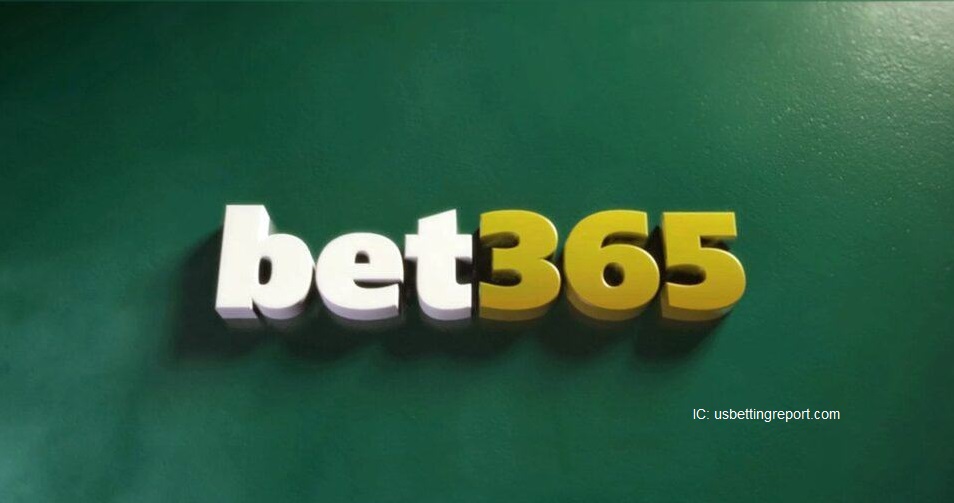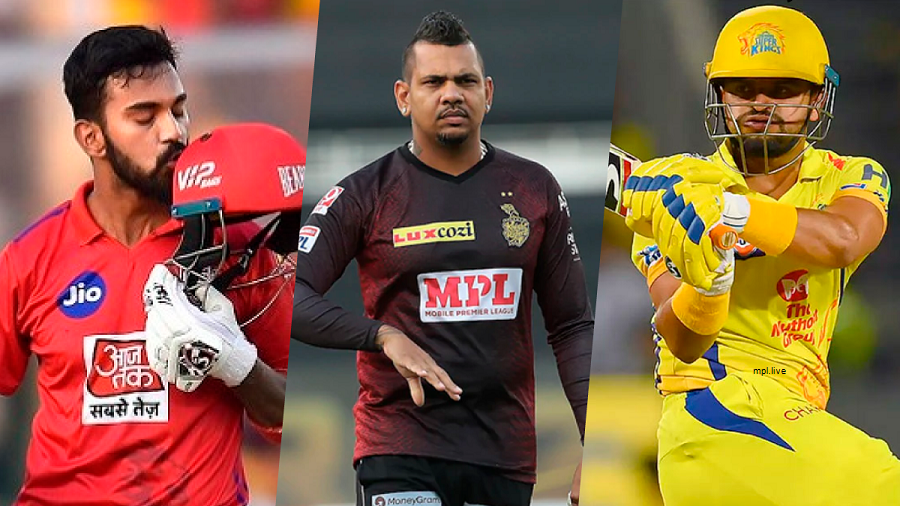For generations, gambling has been an integral part of daily
life worldwide, offering an exciting way to use disposable income by betting on
sports teams, horses, or cards. While Europe's enthusiasm for online gambling
comes as no surprise, some may be astonished to hear that India has also
embraced this form of entertainment. Yet, India's rich history of card games
and the increasing prevalence of sportsbooks and casino games have paved the
way for online gambling to flourish in the country.
While many still prefer the traditional experience of
playing blackjack and poker in person, online betting platforms have recognized
the demand for these games and incorporated them into their offerings.
Furthermore, these sites have introduced traditional and local card games such
as Andar Bahar and Teen Patti, enhancing the variety of options available to
Indian players.
The growth of online gambling in India can be attributed in
large part to the country's existing laws. At the national level, India has
strict gambling laws, but there is no specific mention of online gambling. This
legal gap allows locals to easily and legally place bets on offshore casinos.
The Public Gambling Act, established in 1867 long before the
internet era, naturally did not address online gambling. Even the Information
Technology Act of 2000 does not regulate online gambling, leaving it in a legal
gray area. The prevailing belief is that as long as online casinos are not
based or operating within the country, they are free to provide their services
in India. Some states have introduced specific regulations, such as requiring
transactions in local currency or banning online gaming altogether, as seen in
Karnataka and Telangana.
Remarkably, despite being banned in these states, they still
boast the highest online gambling participation rates. A recent report
indicated that Telangana had the highest percentage of online bettors at 19.7%,
with Karnataka following closely at 13.2%.
The hope among many is that rather than an outright ban,
online gambling will be regulated in India, similar to how it's done in the
United Kingdom. The UK has successfully regulated online gambling, generating
substantial revenue. The United Kingdom Gambling Commission (UKGC) oversees the
industry, prioritizing player protection.
The combination of improving internet infrastructure and the
growing number of mobile phone users in India has fueled the rise of online
gambling. Major casino and betting companies have responded by offering
downloadable mobile apps and mobile-specific bonuses to cater to this trend. As
the digital landscape in India continues to evolve, online gambling is expected
to remain on the ascent.






























.jpg)


.jpg)









































